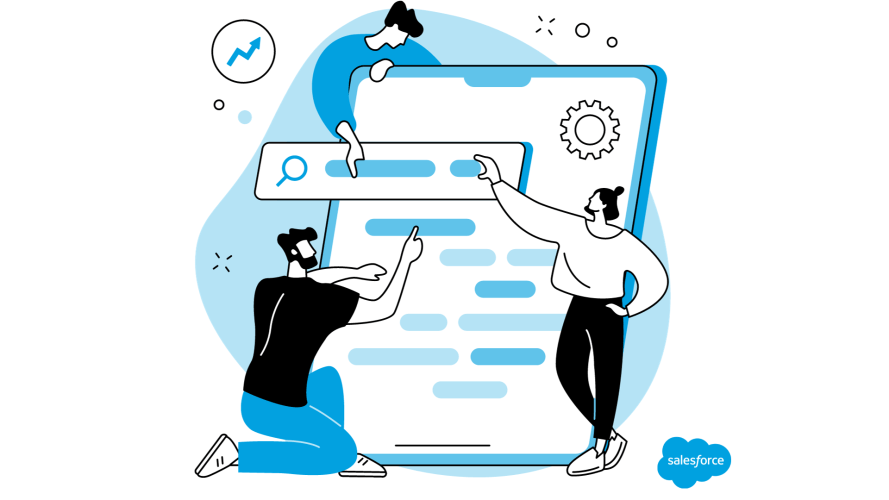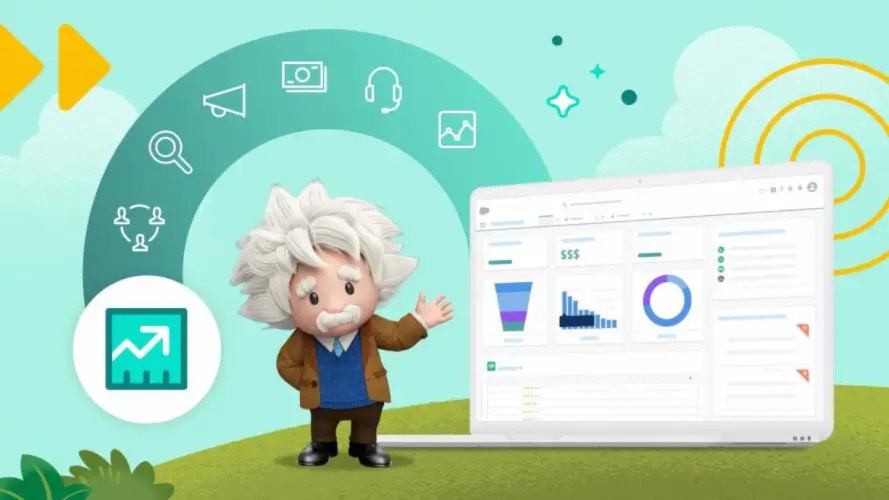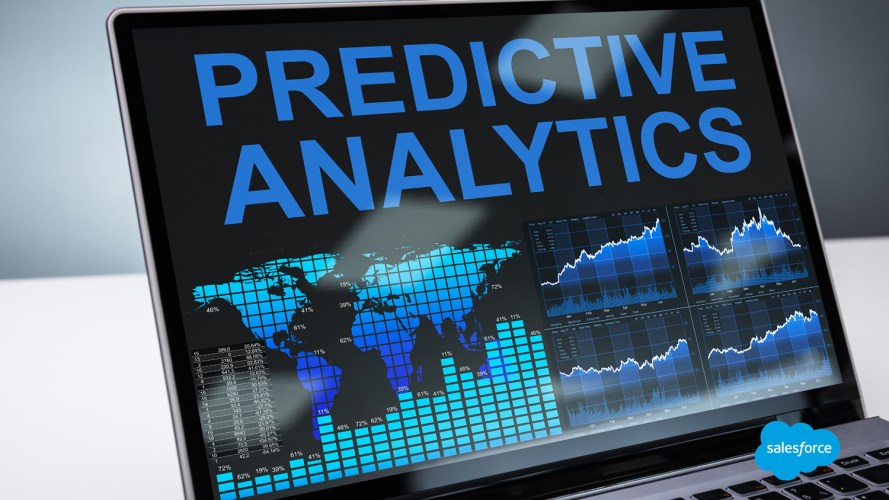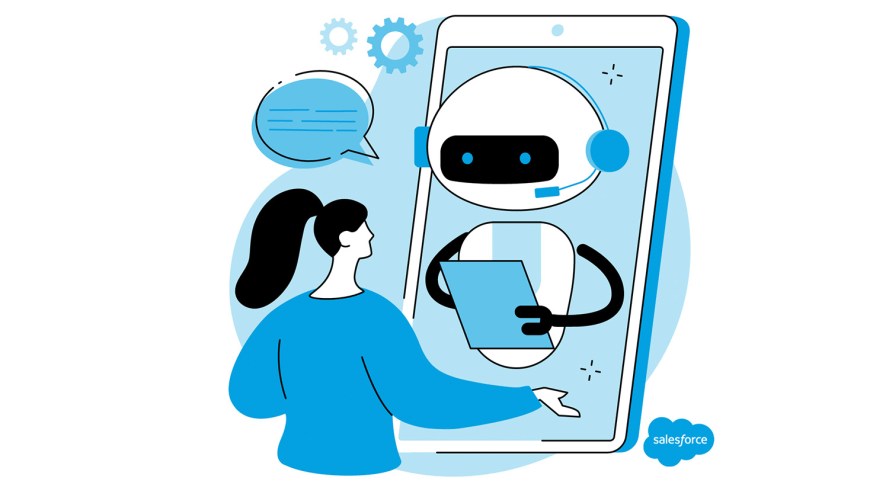How AI Turns Sales Reps Into Insight Sellers



These days consumers and businesses no longer think of artificial intelligence (AI) as something from a sci-fi movie or book – that’s because AI is now part of everyday life. Just think of Netflix’s suggestion algorithm, Uber’s location algorithm and even Tinder’s matching algorithm – all business models powered by AI to help drive consumer decisions.
Salesforce Staff
And the same AI can be used in the sales process to help sales teams make decisions. At World Tour Sydney Reimagined we saw Salesforce Einstein Voice provide deal coaching to sales reps using predictive technology. And in the Sales keynote, Modern Star explained how their sales reps were using data insights to further understand their customer and close deals.
Companies using AI software call on its intelligence at every stage of the sales cycle: forecasting; activity logging; lead generation, scoring and nurturing; and closing deals. Our research shows that high-performing sales teams are 3.1 times more likely than their underperforming counterparts to currently use AI or plan to within a year. Here we explain how the power of AI can improve sales team performance and change their sales cycle for the better.
AI and lead prioritisation
Lead prioritisation and qualification have traditionally been time-consuming processes for sales teams. And with sales reps spending only 34% of their time selling, they need to be taking advantage of the dashboards they can create and data insights within their CRMs.
“Customer data shouldn’t be underestimated when it comes to qualifying a lead and developing strategies to turn it into a client,” ARMS Reliability CIO John McIntosh says. Sales AI can provide customised pitch information, analytics and industry insights about the customer, as well as communication cues and which products to highlight.
Leading with insights that address the customer’s pain points is how Salesforce Strategic Account Executive Jordan McCormick likes to prospect clients: “You’re much more likely to get a response compared to another vendor who’s just trying to sell something.”
The lead prioritisation stage of the sales cycle relies on data primarily, and the ability to understand and take action on it is paramount.
AI and pipeline generation
According to Libby Adams, Deputy Managing Director at Simplus Australia, consistent sales activity can be difficult to lock down.
“You need to keep reps consistent by having a dedicated focus on and cadence of pipeline generation,” says Adams. By using AI, sales teams can compile company data, as well as gather news in real time and predict next quarter’s revenue.
And – as your customer interacts with your company – AI tools only continue to become smarter through machine learning, determining which information should have greater weighting in pipeline generation, forecasting and decision-making over time.
AI and closing deals
AI can help your sales teams close deals faster and smarter, by matching the passion of your sales reps with data insights. For Sally Farrow, General Manager at ParaMobility, this means acknowledging her customers all have different needs and using detailed data to understand those needs.
“This ensures we prioritise the right opportunities for the right stakeholder with the right value proposition,” says Farrow.
Sales AI gives you ongoing insights to understand when and why the customer is likely to make a deal, and what might be holding them back from moving forward. AI is the sales reps’ personal informant – turning communications, industry insights, business news and comparable companies or clients into insights, then suggesting actions.
And as Farrow said, when you’re armed with the right information, you’re much more likely to approach a customer on the fence with the information or reassurances required to help them down onto your side.
AI and the future of sales
AI clearly has a role in reshaping the sales cycle, and is bound to take over some tasks from sales teams permanently. But even in 2020, not everything in the sales cycle should be automated.
“There are times when extra human interaction makes a huge difference to your customer’s experience. It’s why we call every single new customer,” says Adam McCurdie, Co-founder and Director of Humanitix.
The ability to augment human capabilities with technology excites sales enablement, keynote speaker and best selling author Tony Hughes the most about the future of sales. It’s clear the sales reps of tomorrow will need more than just the traditional sales skills: they will also need to understand sales AI and how to maximise the efficiency of their interactions with AI software to achieve results.
Which parts of the process should be automated? How can we get the right data into the hands of our new AI assistants? These are the kinds of questions that future sales teams will need to be creative and insightful enough to answer.
Start your journey to becoming an insight seller – download our 50 Pro Sales Tips for 2020 ebook.





















